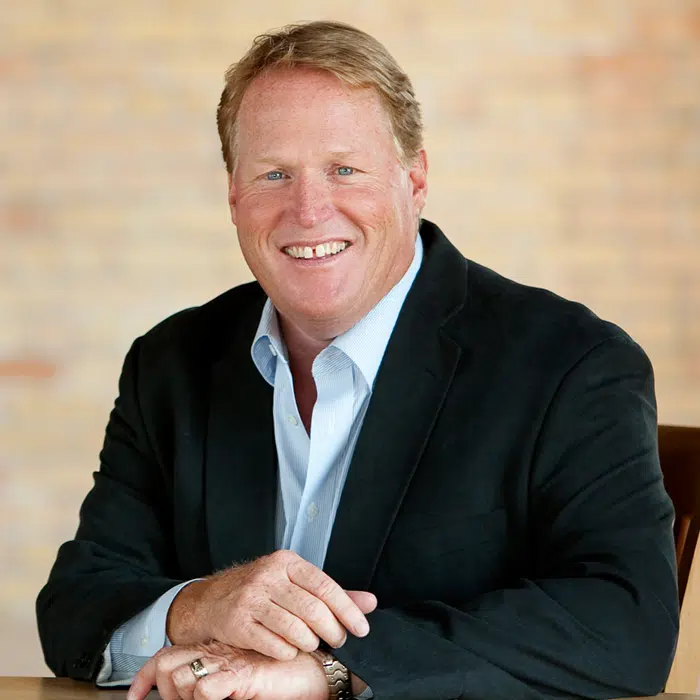By Supantha Mukherjee
KARLSTAD, Sweden (Reuters) – In a quiet corner of the town of Karlstad, 300 kilometres from Stockholm, a Swedish entrepreneur has built Europe’s largest gaming company by market value – although most gamers have never likely heard of it.
Working out of an unassuming apartment building, Lars Wingefors’ Embracer Group, with a team of fewer than 20, has grown by acquisition. Its catalogue already includes games as diverse as survival game Valheim, racing game MX vs ATV, and Goat Simulator.
And Embracer, which has bought more than a dozen companies during the coronavirus pandemic alone, is not done yet, Wingefors told Reuters in a recent interview.
Many gaming companies prospered during the pandemic as people locked in their homes turned to their screens. Embracer did even better than most, with its market capitalization more than doubling in the last 12 months to over $11 billion, compared with $10 billion for France’s Ubisoft and $5 billion for Poland’s CD Projekt.
Since going public in 2016 at 20 krona per share, Embracer’s shares have climbed, reaching 260 krona by this week.
Wingefors attributes Embracer’s success to a unique model under which he allows founders to run their companies as independent businesses, or “verticals,” after they are acquired by Embracer, with full creative and operational freedom.
It’s an approach that could have broad appeal in the fast-changing, hit-driven gaming business – which, ironically, analysts cite as a risk for Embracer because too many imitators could push up the cost of acquisitions. Deep-pocketed companies such as Microsoft could be willing to pay a premium for gaming firms.
The decentralized structure can also make it difficult for the company to take on the biggest gaming projects and compete with the likes of Electronic Arts and Activision, according to analysts and gaming industry executives.
Still, Wingefors has done a good job incentivising the many studios to pull in the same direction, said Benjamin May, an analyst with Berenberg.
Embracer currently has eight verticals, and is looking to add at least two new ones every year.
“We are working on more deals than ever across all our verticals, and I still have billions left,” he said in an interview in his office, where the walls are adorned by large paintings, framed stock certificates of old Swedish companies and covers of comic book first editions.
“Right now we are busy trying to consolidate Europe, Russia, and starting to put our foot on the ground in Canada and North America.” COMICS TO GAMES
Wingefors started his first business at 13, buying and selling comic books. He learned the value and year of release of about 50,000 comic books printed in Sweden.
“It gave me a big advantage when buying comic books as I immediately could understand the value of each potential deal,” Wingefors said.
Soon he started selling used video games by mail order, eventually selling the business to British dotcom startup Gameplay for 8 million pounds in a stock deal in March 2000, at the height of the dotcom bubble.
He became part of the company’s European management, before moving on to found Nordic Games in 2008. The company listed on the secondary market in Stockholm in 2016 and rebranded itself as Embracer in 2019.
This year’s acquisitions included Gearbox, known for first person shooter Borderlands, in a deal valued at up to $1.36 billion.
“Lars has a very rare balance of intelligence, ambition and humility,” said Gearbox CEO Randy Pitchford, who said he was initially not interested in Embracer but changed his view after meeting Wingefors.
Embracer now has 193 game projects under development.
“We are expecting to complete 70 games projects in the next financial year and there are games costing at least $50 million in the pipeline,” Wingefors said.
Embracer’s deals usually include upfront cash, a stake in the company and milestone payments based on game releases. The company has raised money through share sales to fund the deals, including nearly $1 billion last month.
That model likely “decreases the risk of bad acquisitions compared to other M&A-intense gaming companies,” said Pareto Securities analyst Marlon Värnik.
Currently listed on Nasdaq First, Embracer hopes to list on the main bourses in the next few years.
“In the next five years to 10 years I want to build something substantially bigger than what we are today,” Wingefors said.
(Reporting by Supantha Mukherjee in Stockholm. Editing by Jonathan Weber and Rosalba O’Brien)



